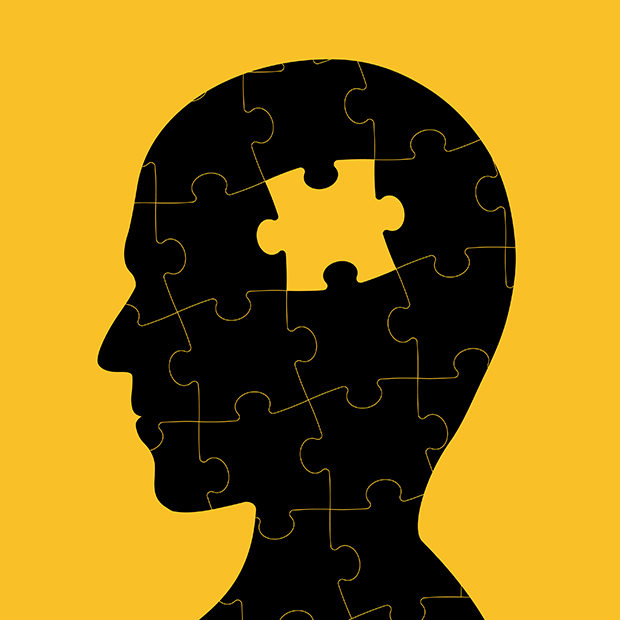
Submitted by Meadows Mennonite Retirement Communities
Maybe you’ve said, “I’m so forgetful, it must be Alzheimer’s!” Actually, being a bit forgetful is not an unusual part of aging. It is normal to forget where you put your keys, or forget a name. You may also have trouble coming up with the right word to use. You do eventually find your keys and go on your way. The name or word you were looking for will pop into your mind at some point.
Dementia is a group of symptoms associated with brain disorders and may include loss of memory, language, and reasoning. Gradual onset of symptoms followed by slow decline will occur. Confusion with time and place, inability to follow instructions, and becoming fearful or suspicious are common symptoms.
Drug reactions, thyroid issues, drug/alcohol use, infections, or other issues can look like dementia, and your healthcare provider can help determine if these are causing cognitive problems.
Kinds of dementia
Dementia describes a group of symptoms that are present in certain diseases or physical conditions. Several conditions cause dementia, including Alzheimer’s disease, Lewy body dementia, frontal lobe dementia, Parkinson’s disease, Huntington’s disease, head injuries, or HIV/AIDs. Each will present different symptoms, depending on which part of the brain is affected.
Risk factors
Scientists have identified factors that increase the risk of Alzheimer’s. The most important risk factors — age, family history, and heredity — can’t be changed, but new evidence suggests there may be other factors we can influence.
There is a link between head injury and future risk of dementia. Protect your brain by buckling your seatbelt, wearing a helmet when participating in sports, and “fall-proofing” your home. Learn more about preventing traumatic brain injury.
Some of the strongest evidence links brain health to heart health. This connection makes sense because the brain is nourished by one of the body’s richest networks of blood vessels, and the heart is responsible for pumping blood through these blood vessels to the brain. The risk of developing Alzheimer’s or vascular dementia appears to be increased by many conditions that damage the heart and blood vessels.
These include heart disease, diabetes, stroke, high blood pressure, and high cholesterol. Studies suggest that plaques and tangles associated with Alzheimer’s disease are more likely to cause Alzheimer’s symptoms if strokes or damage to the brain’s blood vessels are also present. Following your physician’s advice for keeping your heart healthy will help reduce your risk of dementia.
During the 1960s and 1970s, aluminum emerged as a possible suspect in causing Alzheimer’s disease. Few experts today believe that everyday sources of aluminum pose any threat (from the Alzheimer’s Association).
Diagnosis
If memory loss and changes in cognitive ability prevent a person from performing daily functions, he or she should have an evaluation by a healthcare professional trained to diagnose forms of dementia. Don’t wait if you suspect dementia! Getting checked by a doctor can help determine if the symptoms are truly a result of dementia or some other — perhaps even treatable — condition. If it is dementia, early diagnosis may offer the opportunity to take advantage of treatment options that may lessen the symptoms, give access to clinical trials, and make lifestyle changes to help preserve cognitive function as long as possible.
Treatments
There are no cures and no effective treatments for dementia at this time. Research is ongoing and scientists have made several promising advances, and some interventions can help. For example, Meadows offers a sensory room that provides the right kind of stimulation for those who need it, and also calms those who are agitated.
With trained caregivers in the right setting, we can make the most of all cognitive abilities a person retains and give him or her the best quality of life possible throughout all stages of the disease.
Meadows offers a full-range of senior living options — independent living, assisted living, skilled nursing care, memory care, respite care, and Achieve! Wellness and Rehab Therapy — with two locations: Meadows Mennonite in Chenoa 309-747-3635 and Meadows at Mercy Creek in Normal 209-268-1501. To learn more about senior living options at Meadows, visit www.meadowscommunities.org.

